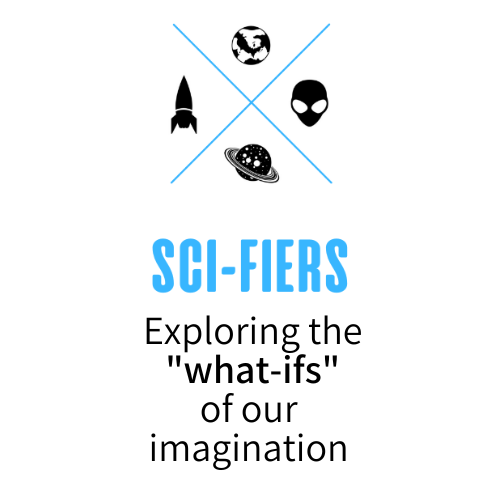Text here
There is a debate going on in various circles of literary aficionados over the difference between science fiction and speculative fiction. Both genres are related to fiction, which is a given fact. The difference between these two is the presence of technology in science fiction which makes it different from speculative fiction. Consider the example of “all oranges are fruits but not all fruits are oranges.” Any fiction having science and technology embedded in its narrative is science fiction and it is always a part of speculative fiction. However, not all speculative fiction is science fiction as it can be based on any sub-genre of fiction including fantasy, mystery, horror, adventure, magic, etc.
When talking about speculative fiction Star Trek, Star Wars, Ready Player One, Interstellar, The Lord of the Rings, Harry Potter, Godzilla, Robin Hood, and The Mummy are some examples. However, among these, those that are part of the science fiction genre will include Star Trek, Star Wars, Ready Player One, Interstellar, and Godzilla. These examples have science and technology either embedded in the plot, the characters are directly using some sort of science or tech-based gadget, or science itself has added value to the narrative The examples including The Lord of the Rings, Harry Potter, Robin Hood, and The Mummy have stories based on speculation with no aspect connected to or enhanced by the presence or use of science fiction. There is magic, sorcery, and fantasy in Lord of the Rings, wizardry in Harry Potter, and magic spells in The Mummy. Robin Hood, however, is a case of speculative fiction having neither science nor magic – it is a tale of a legendary figure having its origins in English folklore.
The fables and folklore we have been reading since childhood are a work of speculative fiction. There are tales including The Hare And The Tortoise, The Wolf In Sheep’s Clothing, The Goose That Laid The Golden Eggs, and The Lion And The Mouse, among others. Aesop’s Fables have been read by children across the world that present speculative narratives.
In his essay “On the Writing of Speculative Fiction, Robert A. Heinlein writes, “There is another type of honest-to-goodness science fiction story that is not usually regarded as science fiction: the story of people dealing with contemporary science or technology. We do not ordinarily mean this sort of story when we say, “science fiction”; what we do mean is the speculative story, the story embodying the notion “just suppose”— or “What would happen if—.” In the speculative science fiction story accepted science and established fiefs are extrapolated to produce a new situation, a new framework for human action. As a result of this new situation.
Scifiers explores science fiction narratives that enliven our imagination and compel us to think about the “what-ifs” of creative world-building. It is on a mission to discuss ideas about sci-fi in its various forms that keep the genre in a state of continuous expansion.
facebook.com/scifiers | Instagram: @scifiers
Image Source: ettron.com

